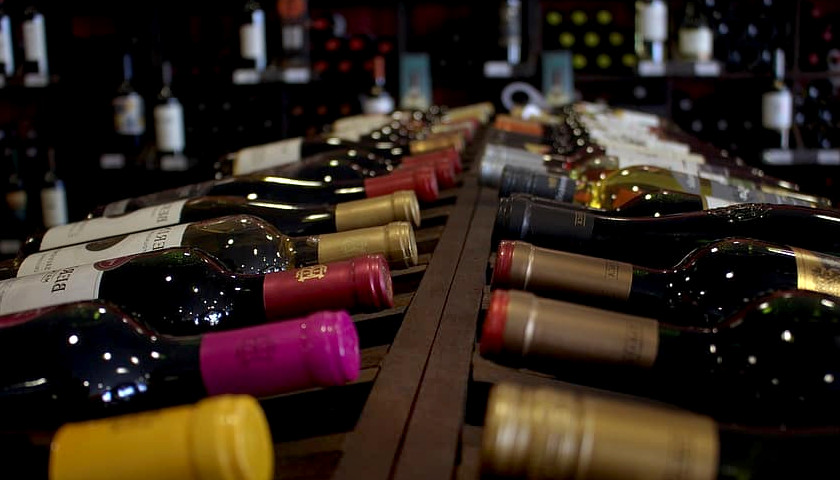by Scott McClallen
A federal judge struck down a Minnesota law that forced wineries to make wine using 51 percent of grapes grown within the state.
Critics say the rule is a “protectionist” restriction placed to shield the state’s grape producers from competition.
The ruling could have implications across the nation where the law is mirrored, including in New York, Pennsylvania and Illinois.
“This is a huge win for the future of the wine industry and small wineries in Minnesota,” Nan Bailly, owner of Alexis Bailly Vineyard, said in a statement. “We are finally free to make the wines we want to make, not the wine dictated by the state legislature.”
State law ordered vintners to make wine using at least 51 percent of grapes grown in the state.
Some vintners say the 51 percent rule handicaps competition because consumers are accustomed to drinking wines that are made from grapes that don’t grow well in Minnesota’s cold climate.
Minnesota wineries Alexis Bailly Vineyard and Next Chapter Winery joined the Institute for Justice in 2017 to challenge the law.
Nan Bailly told The Center Square a combination of aged vines and lousy weather have reduced her crop by about 80 percent compared to normal.
The Minnesota Grape Growers Association didn’t respond to a request for comment.
Northern grapes can grow in Minnesota but are very acidic, so most wineries blend Minnesota grapes with out-of-state grapes to create a more palatable wine.
Nan Bailly said the 51 percent regulation resulted in poor quality grapes that lead to “sub-par wines” and hurt Minnesota’s wine reputation.
“My lawsuit was very much intended to spark competition and force local wineries to make better wines,” Bailly said.
The same percentage rule doesn’t apply to Minnesota’s biggest craft beer breweries, like Summit and Surly Brewing, which use hops grown in the Pacific Northwest to flavor beers.
“The U.S. Constitution was crafted to guarantee free trade among the states,” Institute for Justice (IJ) Senior Attorney Anthony Sanders said in a statement. “Minnesota violated this founding ideal by restricting the grapes that wineries can purchase from other states. This is a vindication of our client’s rights and also of that founding ideal of free trade.”
In the ruling, Judge Wilhelmina Wright found the law violates the U.S. Constitution’s Interstate Commerce Clause.
Wright wrote that “the Act’s in-state requirement expressly favors and benefits in-state economic interests.”
Wright continued: “There is no suggestion in the record or the parties’ arguments that the Act’s in-state requirement serves any interest other than favoring Minnesota’s economic interests over similar out-of-state economic interests.”
Jaimie Cavanaugh, another IJ Minnesota attorney, added, “We are very pleased that the judge saw what is going on in this case: Our clients cannot get a license if they trade more with Wisconsin than Minnesota. But our Constitution says that we are one nation. We just made that principle a little more real in Minnesota.”
– – –
Scott McClallen is a staff writer covering Michigan and Minnesota for The Center Square. A graduate of Hillsdale College, his work has appeared on Forbes.com and FEE.org.




